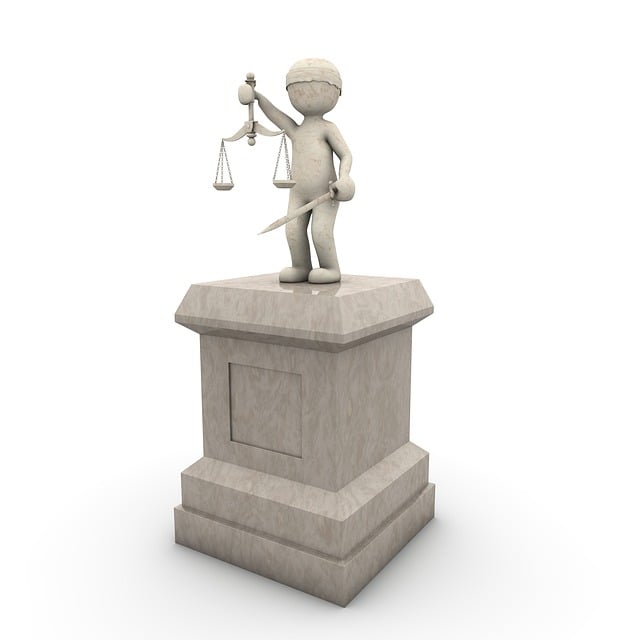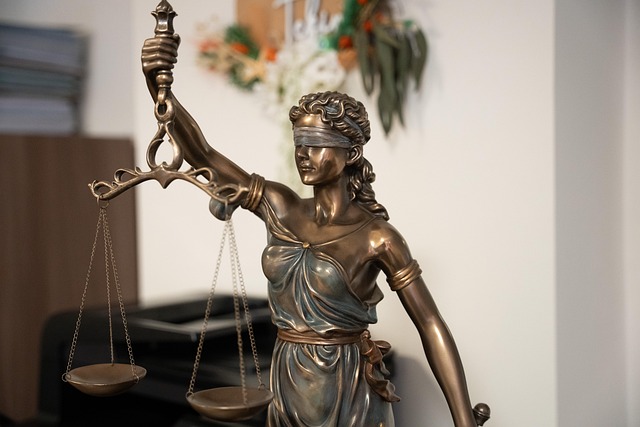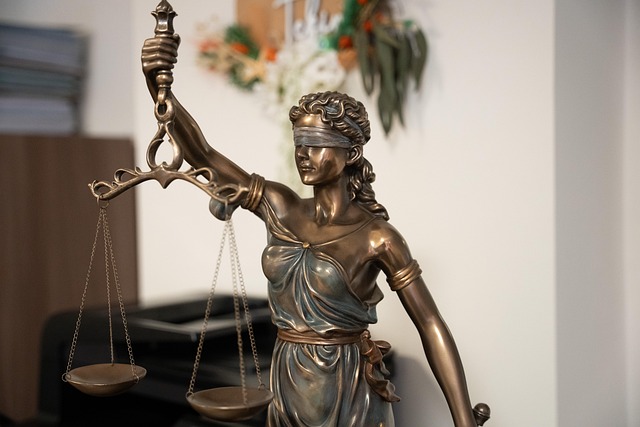Administrative hearings play a critical role in Criminal Law, offering a pre-trial review of legal issues. Accused individuals have the right to legal representation, which specialized attorneys navigate strategically. These professionals ensure fair processes, protect rights, and can lead to favorable outcomes like charge dismissal. Effective preparation involves client communication, defense strategy, and understanding legal procedures. Post-hearing decisions range from dismissing charges to imposing penalties, with appeal rights available for severe cases. Legal Representation in Administrative Hearings is vital for advocating rights and outcomes, especially when facing high stakes without the option of jury trials.
“Uncover the intricacies of criminal law through the lens of administrative hearings, where outcomes can significantly impact an individual’s future. This article guides you through the process, emphasizing the pivotal role of Legal Representation in Administrative Hearings. From understanding the nature of these proceedings to post-hearing appeals, we explore strategies for preparation and client expectations. Learn how legal expertise can navigate this complex landscape, ensuring fair outcomes and safeguarding rights.”
- Understanding Administrative Hearings in Criminal Law
- The Role of Legal Representation in These Proceedings
- Preparing for the Hearing: Client Expectations and Strategies
- Post-Hearing Outcomes and Appeals: Rights and Procedures
Understanding Administrative Hearings in Criminal Law

Administrative hearings play a significant role in Criminal Law, often serving as a critical step before cases proceed to trial. These hearings are conducted by administrative law judges or similar officials, focusing on specific legal issues rather than guilt or innocence. Here, accused individuals have the right to legal representation, ensuring they can present their case effectively and protect their rights. The process allows for a more efficient review of evidence, arguments, and procedural matters, which can be particularly valuable in cases where avoiding indictment or achieving a complete dismissal of all charges is a strategic goal.
Understanding when and how to navigate these hearings is crucial for legal representation. Across the country, attorneys specializing in Criminal Law have honed strategies to defend clients’ interests during such proceedings. By presenting compelling arguments, examining witnesses, and introducing relevant evidence, they can significantly impact the outcome, potentially leading to favorable resolutions and ensuring a fair process, even when facing complex or controversial charges.
The Role of Legal Representation in These Proceedings

In Criminal Law Cases, legal representation plays a pivotal role, especially during administrative hearings. The presence of a competent lawyer ensures that the accused’s rights are protected and that procedures are followed accurately. Legal professionals are adept at navigating complex laws and regulations, which can significantly impact the outcome of the case. They help in preparing robust defenses, questioning witnesses, and presenting evidence to counter the prosecution’s arguments.
Effective legal representation can often lead to favorable outcomes, such as avoiding indictment or securing a complete dismissal of all charges. Lawyers skilled in Criminal Law understand the nuances of these proceedings, enabling them to employ strategies that protect their clients’ interests. This is particularly crucial when dealing with potentially life-altering consequences, ensuring that justice is served while safeguarding the rights of the accused.
Preparing for the Hearing: Client Expectations and Strategies

Preparing for a criminal law hearing, especially involving legal representation in administrative hearings, requires meticulous strategy and client expectations management. Clients often seek clarity on their rights, possible outcomes, and the role of their legal counsel throughout all stages of the investigative and enforcement process. Lawyers play a pivotal role in guiding clients through this challenging period by explaining complex legal jargon and procedures.
During the preparation phase, attorneys should strategize with their clients to build a robust defense. This involves reviewing evidence, identifying potential witnesses, and crafting narratives that align with the client’s version of events. The goal is to navigate the administrative hearing process effectively, ensuring the best possible outcome while avoiding indictment in jury trials.
Post-Hearing Outcomes and Appeals: Rights and Procedures

After a thorough hearing, the administrative law judge or panel will issue a decision based on the evidence presented and applicable laws. These outcomes can range from dismissing the charges entirely to imposing significant fines or prison sentences. Individuals facing severe consequences often have the right to appeal these decisions, ensuring a fair and just legal process.
Appeals offer an opportunity for a fresh review by a higher court, which may consider new arguments or evidence that were not available during the initial hearing. This is where legal representation in administrative hearings becomes crucial. A skilled general criminal defense attorney can guide clients through this complex process, ensuring their rights are protected and advocating for the best possible outcome. Across the country, many folks rely on these professionals to navigate the intricate web of appeals, especially when the stakes are high and jury trials are not an option.
Criminal law cases, particularly administrative hearings, greatly benefit from competent Legal Representation in Administrative Hearings. Understanding the role of legal counsel, preparation strategies, and post-hearing procedures empowers individuals to navigate these proceedings with confidence. By ensuring strong client expectations and employing effective tactics, those involved can achieve favorable outcomes and safeguard their rights throughout the process.






